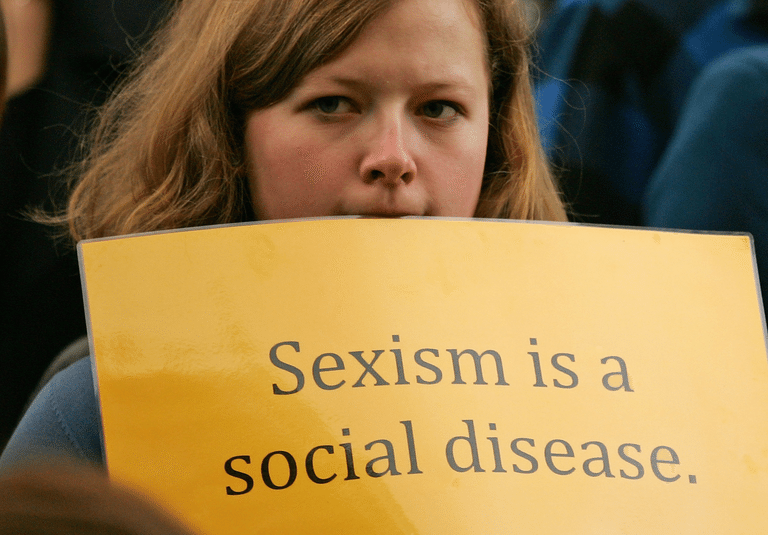Classic theories of inequality or discrimination tend to be based on single factors: racism, sexism, classism, ableism, sexual orientation, sexual identity, etc.
Intersectionality refers to the insight that these different factors do not function independently of one another, but are interconnected and interact.
In any relationship of oppression, one group experiences discrimination and the other the mirror image: privilege.
A person may be oppressed and experience injustice and discrimination for belonging to one group, while being a person in the privileged position for being part of a different group. A white woman is in the privileged position in relation to race and the oppressed position in relation to sex. A black man is in the privileged position in relation to sex and the oppressed position in relation to race. And each of these combinations of experience produce different experiences.
A black woman's experience of inequality is different from that of a white woman's experience or a black man's. Add in factors of class, sexual identity and sexual orientation for more differences of experience. The intersection of different types of discrimination produce effects that are not just a sum total of the different types.
HIERARCHY OF OPPRESSION
Audre Lorde's essay on "Hierarchy of Oppressions" explains a bit about this.
Note in reading this that Lorde is not saying that everyone is oppressed, though this essay has sometimes been misused as if it says that. She is saying that where there is oppression of one group by another, and another oppression, that those two oppression are both to be considered, and that both interact, and both matter.

Hi! I am a robot. I just upvoted you! I found similar content that readers might be interested in:
https://www.thoughtco.com/intersectionality-3529191
Downvoting a post can decrease pending rewards and make it less visible. Common reasons:
Submit